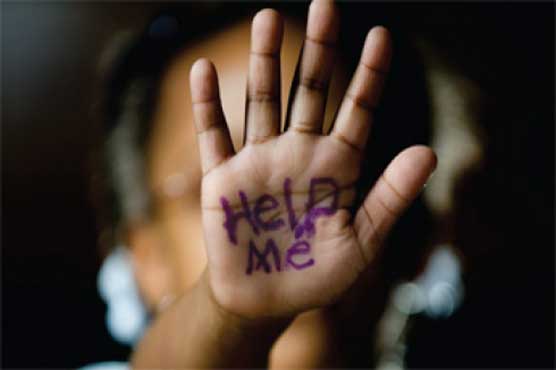
by admin | Oct 25, 2022 | Uncategorized
By Omer Aftab
Mutilated bodies of children found on garbage heaps, girls forced to return sexual favors at educational institutes and workplaces and women consigned to the hell of forced marriages; all of us come across such incidents in routine now. These are just a few forms of the menace, we call sexual terrorism that is widely engulfing our society and as a result, our women and children are living in deep disarray.
Sexual violence manifests itself in a number of different forms with the most commonly recognized form being rape which consists of a wide variety of acts ranging from child sexual abuse, incest,exhibitionism, voyeurism, obscene phone calls, fondling, sexual harassment, ridiculing a woman to try to limit her sexuality, controlling her reproductive choices, withholding sexual activity in an attempt to punish or hurt her, and treating women as immoral or sinful for expressing sexual needs or desires.
The other soft targets of sexual terrorists are children. According to a report, published by a social sector organization, around 11 cases of child abuse are reported each day in Pakistan. Most of the victims lose their lives during or after the act while the survivors live through awful physical and psychological traumas. The dilemma is that we are gradually becoming dumb or used to such acts. A sudden hype is witnessed at the end of human right groups, media, public and the government when a sexual abuse incident comes to spotlight and then the dust is settled.
Also Read:Ways to combat child sexual abuse
Pakistan’s social fabric is based on the teachings of Islam which strictly prohibits any sort of violence, be it physical, sexual or psychological. Moreover, number of laws have been passed during last decade to protect women and children from violence and ensure gender justice in the society. Despite this, we see sexual crimes rising every day.
Sexual terrorism is spreading tentacles not only for the reasons that our legal system is fragile somehow and our society is largely driven by misogynist and patriarchal mindset but there are a number of other contributing factors that we hardly pay attention to.
Lack of education is the root cause whether we admit it or not. Despite some drastic advancements in informational technology and media and different governments’ endeavors to perk up literacy rate during last decade, a huge portion of the society goes on being uneducated and uncultured. When these feral mind are exposed to national and international entertainment media and internet pornography, they are naturally prone to experience sensual behavior which eventually leads to frustration and when this frustration is not channelized, it gives birth to different sexual crimes.
This is turning into a grave mental health issue. This horde of feral and frustrated minds are not only committing sexual crimes, this is hindering the society’s overall well-being and development. So, when we talk about policy making and legal reforms to counter sexual terrorism, we must focus on mental health aspect too.
Another dilemma of our society is communication gap between parents and children and teachers and children. It is one of the prime responsibility of parents and teachers to guide children and adolescents about their sexual health and behavior and train them to deal with odd and unwanted situations confidently. Following the Zainab rape and murder case earlier this year, a campaign of teaching children to differentiate between good touch and bad touch was initiated. This is a good step which must be encouraged and supported.
Also Read:Five Reasons Why Child Abuse Is Rampant In Pakistan
The perpetrators of sexual crimes prey on the atmosphere of silence and helplessness by the victims. In a society like ours, where the interpretations of religion and culture have been historically male-dominated, it is still considered a serious taboo to openly talk about sexual violence and crimes. Thus, a large number of the victims remain tight-lipped for fear of being further morally oppressed and intimidated upon reporting.
To counter and control this endemic, we need to empower our women and give them voice. We see women in the developed world are breaking silence through the #MeToo movement. Our women must join hands too to ensure a violence free society. Media, clergy, administration and civil society need to launch a joint effort to spread awareness and education about combating sexual terrorism and capacitate women and children, through moral and physical trainings, to actively resist and report sexual crimes so that the perpetrators are punished and victims are given relief on time.
The writer is CEO White Ribbon Pakistan and is a development and communications professional with extensive experience in Health Awareness, Behaviour Transformation Communications and Strategic Public Relations. He tweets at @MrOmerAftab.
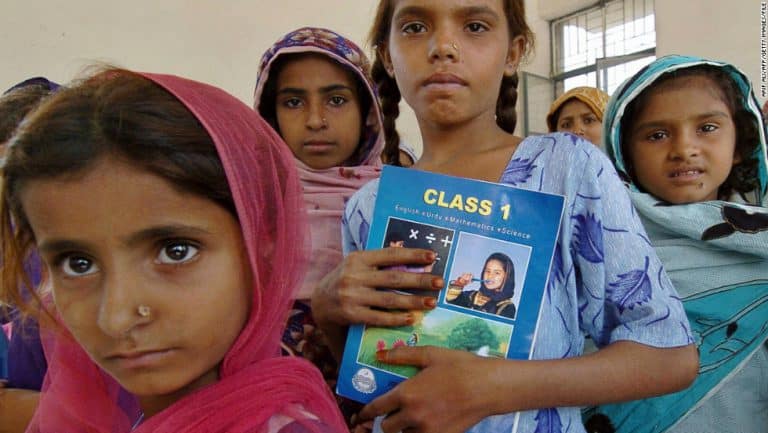
by admin | Oct 25, 2022 | Uncategorized
By Emma Mujahid
The condition of female education in Pakistan is miserable. We as a nation have failed to provide good quality and equitable education to nearly half of our population. Although conventional views and social taboos have played an integral role in impeding its progress, lack of political will and vision among the persons in power, incompetent and insufficient faculty, and poor infrastructure can also be held accountable for the abysmal state of women education.
During the past 67 years, Pakistan has had nine national education policies, five five-year plans, one free and compulsory education act, a constitutional amendment (18th) and dozens of other schemes, seminars, and conferences aimed at improving female education in our country. Unfortunately, no progress has been made.
This is majorly due to lack of political will and commitment. Over the course of our history, not even a single administration has realized the dire need of educating the daughters of our nation. The noble and ambitious plans that were brought forth by various administrations have simply been attractive policies on paper with little or no practical execution.
Both the government and society have always been into misplaced priorities and criminal negligence, underestimating the potential of half of the country’s population.
After all of this, the result is before our eyes. Out of the many obstacles female education is facing today, the deplorable state of our schools, particularly in the villages is at top.
The Pakistan Education Statistics Report for years 2012 to 2013 states that there are 63,914 public schools for girls currently in place: 15.3% are without building, 7.1% are kacha (muddy) schools, 61% lack electricity, 42.4% lack latrines, 44.3 % lack boundary walls, 3.8% are declared dangerous, and 16.1% are in need of major repairs.
To make matters worse, apart from the obvious lack of infrastructure, we also have an acute shortage of motivated individuals who are willing to work as teachers in these schools because they do not see lucrative salaries there.
However, the problems do not just end here. The frequent attacks on women schools and a recent surge in the killings of teachers by the local terrorist group Tehrik-e-Taliban Pakistan (TTP) in tribal areas has also stunted the progress of women’s education in the country.
If we look at all of the cited factors on a whole, these conditions simply show the criminal negligence of the state towards women’s education who make half of the country’s population. We must take a step to improve the deplorable conditions of these schools. The conventional mindset of our society may be something that will take decades to battle, but the lack of infrastructure for schools is something that can be addressed and improved immediately if we put our minds to it.
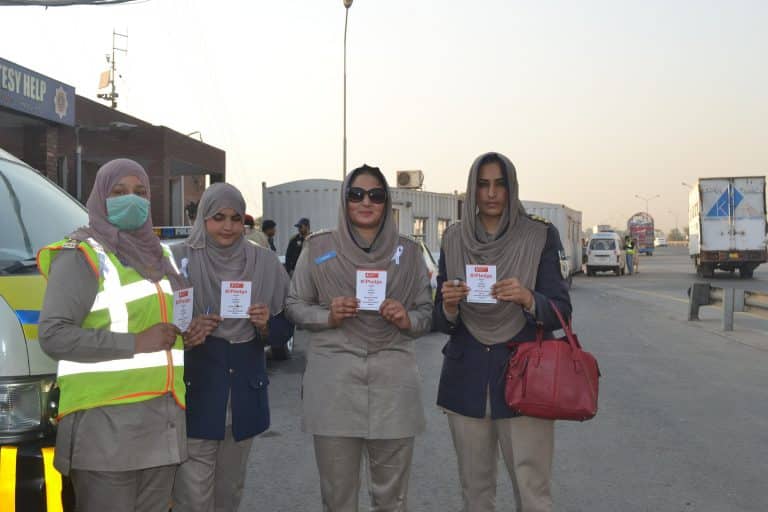
by admin | Oct 25, 2022 | Uncategorized
White Ribbon Campaign Pakistan’s nationwide 16 Days of Activism kick-started yesterday at the eve of International Day for Violence against Women with a landmark on-ground activation in collaboration with National Highways & Motorways Police (NH&MP) at Ravi Toll Plaza, Lahore. This will be followed by a series of activities across the country.
White Ribbon and NH&MP jointly celebrated the White Ribbon Day to reiterate the pledge to eradicate violence against women and ensure gender equality in the society.
White Ribbon’s Chief Executive Officer Mr Omer Aftab and some senior officers of the NH&MP were present at the event.
.
Under the WRCP and NH&MP’s Memorandum of Understanding (MoU), all police officers and constables serving at the country’s motorways and highways will be wearing White Ribbons throughout the 16 Days of Activism.
The White Ribbon team also distributed awareness material among the M2 travellers in a bid to sensitize maximum people to make the Pakistani society free of gender-based discrimination and violence.
Speaking to the media at the event, Mr Aftab told, “The stats of violence against women in Pakistan are shocking and we need a serious and strenuous struggle to stop this menace as this is hampering the nation’s progress.”
“White Ribbon is a men’s movement to end violence against women. Our approach is to engage the men and educate them to treat women with respect and give them their due rights. The concept behind engaging the policemen is to show that real strength of masculinity lays in treating the opposite gender with respect,” he added.
White Ribbon has been working with the unorthodox men-centric approach since last many years and they are running a number of campaigns to achieve their end including the Youth Engagement Program, Community Outreach Program and Strong Men are Gentle Men Program among others.
November 25th is marked as a day of ending violence against women worldwide and it also starts the 16 Days of Activism for this cause. This activism ends at International Human Rights Day on December 10th.
In Pakistan, every 5th woman is subjected to physical violence with 80% of the total women population suffering this. About 40% of all married women go through domestic violence in their lifetime.
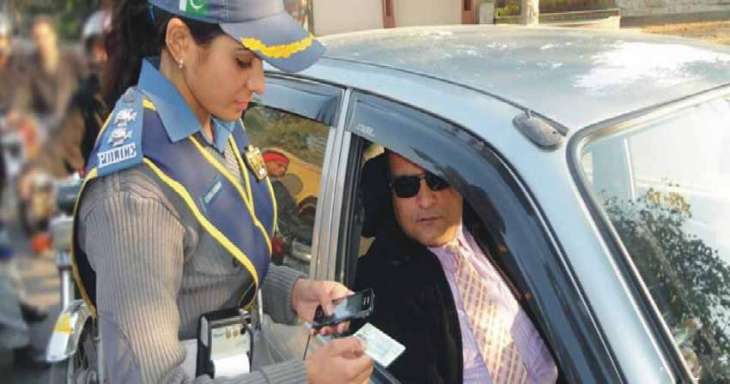
by admin | Oct 25, 2022 | Uncategorized
The City Traffic Police Lahore, in collaboration with the White Ribbon Campaign Pakistan, observed a full-day awareness campaign on Saturday about prevention of violence against women.
LAHORE, (UrduPoint / Pakistan Point News – 8th Dec, 2018 ) :The City Traffic Police Lahore, in collaboration with the White Ribbon Campaign Pakistan, observed a full-day awareness campaign on Saturday about prevention of violence against women.
The joint camp under the supervision of Chief Traffic Officer Capt (R) Liaqat Malik and Chief Executive Office White Ribbon Omer Aftab was organised at Faisal Chowk, here.
This activity was part of White Ribbon’s 16 Days of Activism, which started from Nov 25 and would continue till International Day for Human Rights, falling on Dec 10.
All 2,600 traffic personnel of Lahore will wear white ribbons till Dec 10.
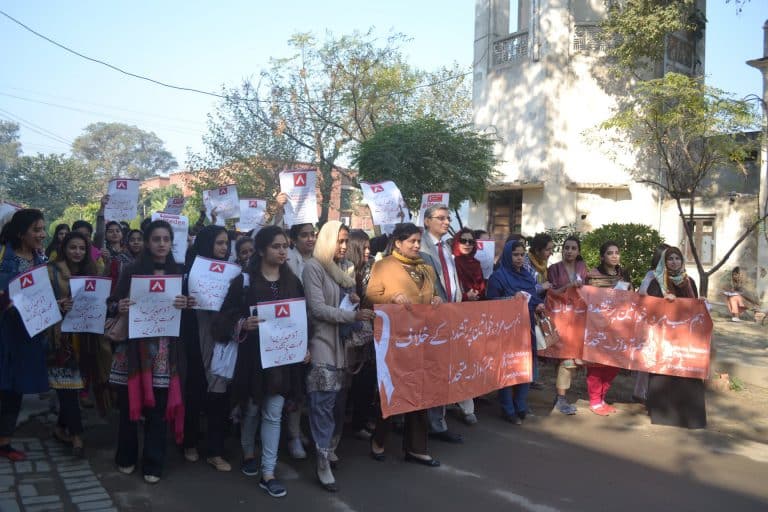
by admin | Oct 25, 2022 | Uncategorized
By White Ribbon Pakistan
Youth is Rising to Curb Violence Against Women!
White Ribbon’s Remarkable Walk Alongside the Students and Faculty of Gender Studies Department of Lahore College For Women University – Official.
#iPledge#EndingViolenceAgainstWomen#WhiteRibbonDay#HearMeToo#16Days
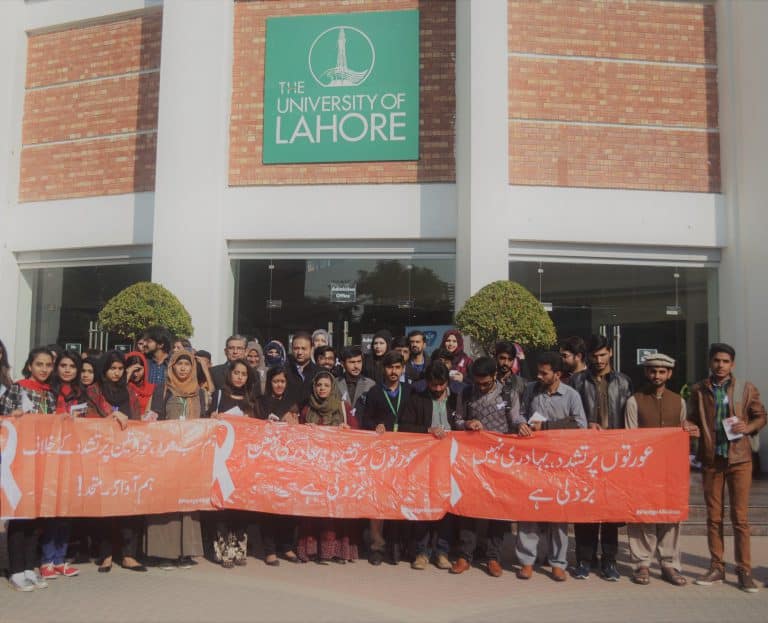
by admin | Oct 25, 2022 | Uncategorized
By White Ribbon Pakistan
University Of Lahore Shows Solidarity with White Ribbon by Organizing a Seminar and a Walk.
Thousands of Students Pledge to Help Eradicating Violence Against Women.
#iPledge






